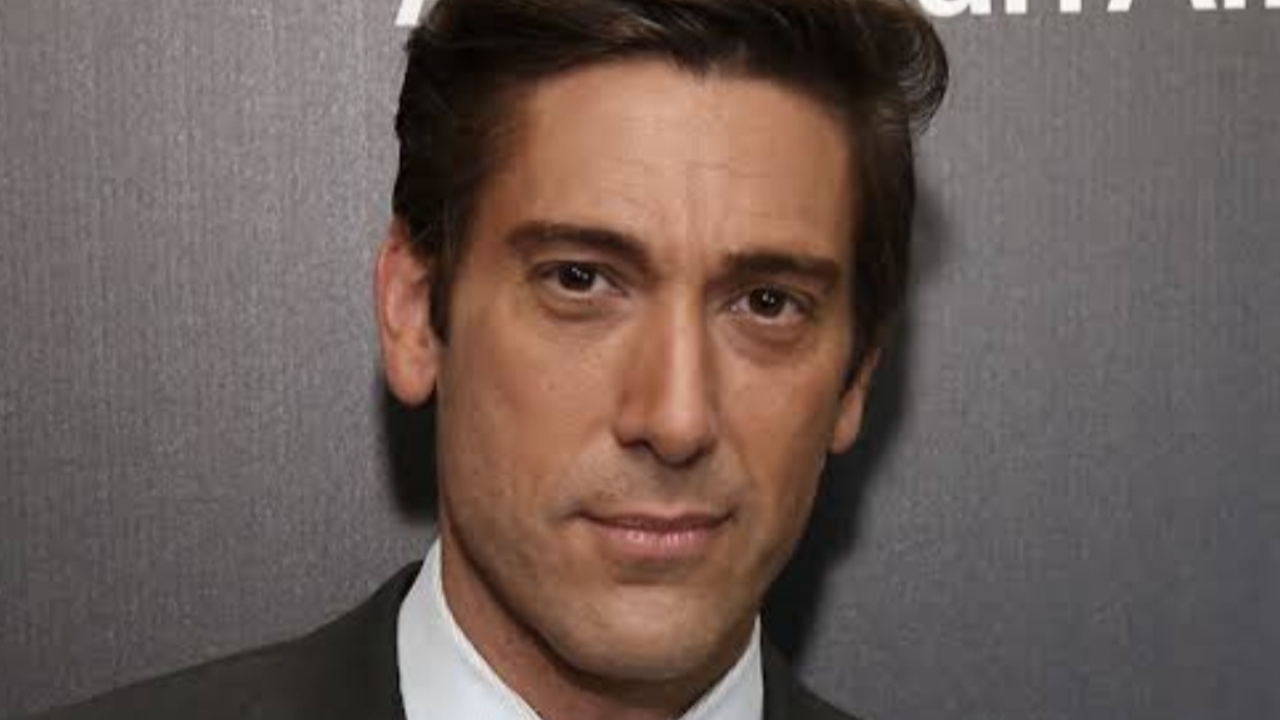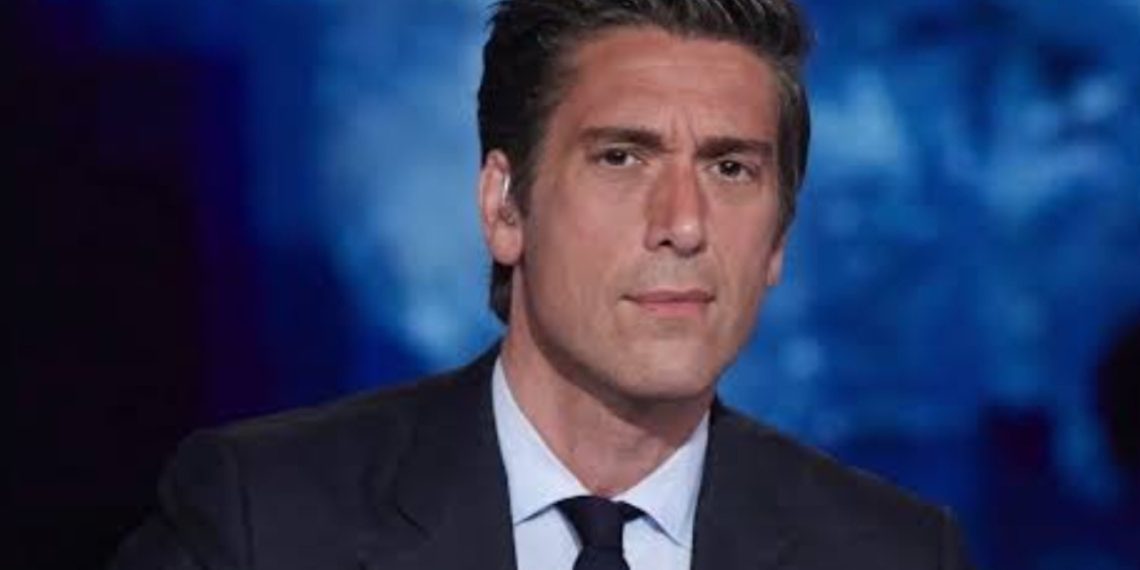David Muir is a prominent American journalist, best known as the anchor of ABC World News Tonight and co-anchor of 20/20. Over the years, he has built a successful career in broadcast journalism, with his work covering major global events, significant news stories, and conducting high-profile interviews.
As of 2025, Muir’s estimated net worth is $25 million, with an annual salary of $8 million from his role at ABC News.
His impressive financial standing reflects not only his success in the media industry but also his substantial influence as one of the most recognized figures in news broadcasting.
Early Life and Education
David Jason Muir was born on November 8, 1973, in Syracuse, New York. Raised in a Catholic family, Muir grew up in the hamlet of Onondaga Hill, southwest of Syracuse.
He attended Onondaga Central Junior-Senior High School, graduating in 1991. During his high school years, Muir developed a passion for journalism, working as an intern at WTVH-TV in Syracuse, which laid the foundation for his future career in the field.
After high school, Muir pursued higher education at Ithaca College, where he earned a Bachelor of Arts degree in Journalism, graduating magna cum laude in 1995.
Additionally, Muir studied political journalism at Georgetown University and spent a semester abroad at the University of Salamanca in Spain, broadening his journalistic knowledge and experience.
Early Career: WTVH-TV and WCVB-TV
Muir’s professional career began in 1994 at WTVH-TV in Syracuse, where he worked until 2000.
During this time, his reporting on the assassination of Israeli Prime Minister Yitzhak Rabin in Jerusalem earned him widespread recognition and set the stage for his future success.
His work at WTVH-TV helped him develop his skills and established his reputation in the industry.
In 2000, Muir moved to WCVB-TV in Boston, where he served as an anchor and reporter until 2003.
At WCVB, he gained national attention for his investigative reporting on the 9/11 attacks, earning him the prestigious Edward R. Murrow Award for his coverage.
Transition to ABC News
In August 2003, Muir joined ABC News, initially anchoring overnight news programs. His role at the network expanded rapidly due to his excellent reporting skills and on-air presence. Key milestones in his ABC career include:
- 2006: Co-anchoring Primetime.
- 2007: Beginning to anchor World News Saturday.
- 2012: Becoming the weekend anchor and primary substitute for ABC World News Tonight.
- 2013: Named co-anchor of 20/20.
- 2014: Succeeding Diane Sawyer as the anchor and managing editor of ABC World News Tonight.

Under his leadership, ABC World News Tonight became the most-watched evening newscast in the U.S. in 2015, a position it has maintained since.
Muir’s dynamic style and ability to connect with viewers have helped him achieve significant success and make a lasting impact in American journalism.
Notable Reporting and Achievements
Muir has covered numerous major events throughout his career, showcasing his talent and versatility as a journalist. Some of his notable reporting highlights include:
- 2005: Reporting from inside the New Orleans Superdome during Hurricane Katrina.
- 2006: Covering the Israel-Lebanon conflict.
- 2007: Reporting on the Hamas coup from inside Gaza.
- 2011: Covering the Egyptian Revolution from Tahrir Square.
- 2012: Reporting on mass shootings in Aurora, Colorado, and Newtown, Connecticut.
In addition to his fieldwork, Muir has conducted high-profile interviews with significant figures such as former President Donald Trump and current President Joe Biden.
His journalistic excellence has earned him multiple Emmy Awards and Edward R. Murrow Awards, cementing his status as one of the foremost journalists in the country.
Financial Success: Net Worth and Salary
David Muir’s estimated net worth is $25 million as of 2024, a reflection of his long-standing career and influence in the media industry.
His annual salary from ABC News is reported to be $8 million, making him one of the highest-paid news anchors in the United States.
Muir’s financial success also stems from his investments and his ability to generate substantial earnings through his work in television journalism.
In 2019, Muir made a notable real estate investment by purchasing a $7 million property on Skaneateles Lake in New York, further showcasing his financial prosperity and taste for luxurious living.
His salary and net worth are clear indicators of his enduring success in the highly competitive world of broadcast journalism.
Personal Life and Privacy
Muir is known for being highly private about his personal life. While he has gained significant public attention for his professional accomplishments, Muir keeps details about his family, relationships, and personal affairs out of the public eye.
This level of privacy has only heightened his mystique, making his personal life one of the most closely guarded secrets in the media industry.
Despite this, Muir’s dedication to his career has earned him widespread respect from both his colleagues and his audience.
His focus on factual reporting and his ability to connect with viewers have contributed to his standing as a trusted voice in American journalism.




